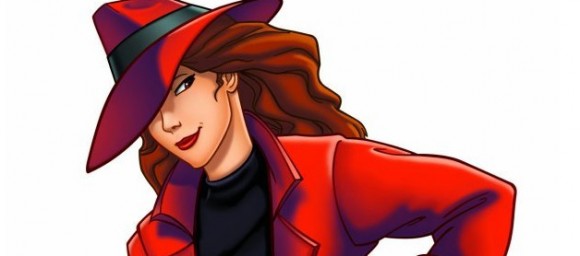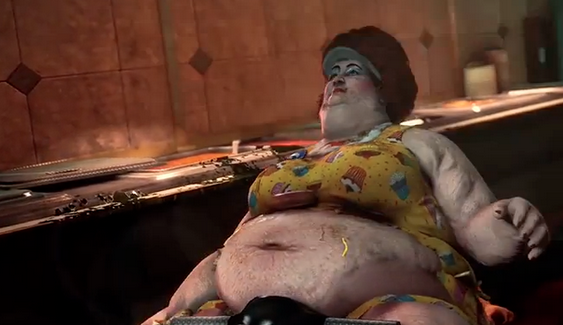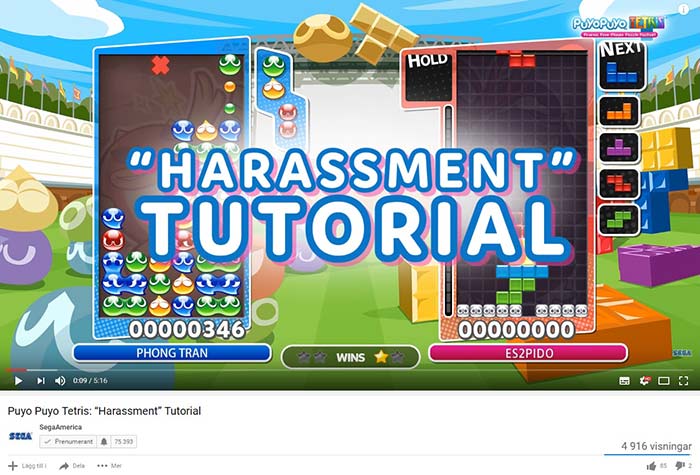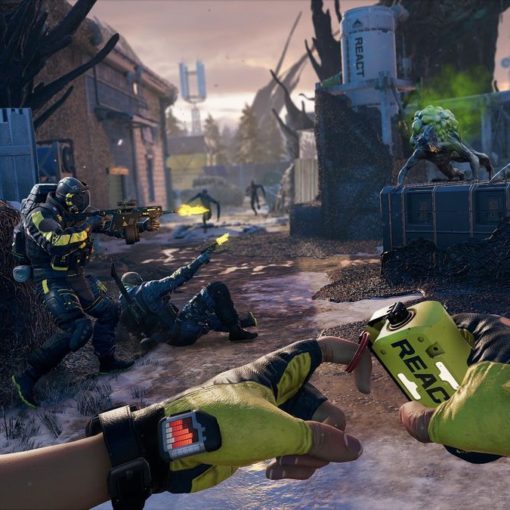Last week I named Life is Strange as one of the games I was most looking forward to this month, so I was a little disappointed to hear that some of the publishers Dontnod Entertainment approached wanted the protagonists changed to men. I suppose that shouldn’t surprise me, but it does. Luckily, Square Enix picked it up with out the change, but I think this illustrates the problems with the game industry in a pretty concrete way.
I had to read the comments, of course, because I wanted to get a sense of how the community was reacting to this news. Mostly, I was encouraged by the comments in this article. Some of the comments point to publishers being “out of touch” or “a cover for not actually liking female leads.” Others straight up call it misogyny, writing “Man, it’s stories like this that really fly in the face of all of the sexism-in-gaming apologists, with their “forcing gender parity sacrifices authorial integrity”, or “most games star males because most games are made by and/or for males” or whatever other variant that excuses there being actual sexist bullshit occurring from the higher-ups.” I agree that it seems pretty incredible for publishers to insist on a change in protagonists. Why would male protagonists, to supposedly make this a better game, or at least a better selling game?
The answers some of the commenters give are the same old tired excuses we hear all the time. Women aren’t hardcore gamers (even if women now make up the majority of gamers) and men don’t like to play as women. As one commenter writes,
“I am in no way defending those publishers, but maybe I understand them just a little. Let me explain. As a 20 year old male, when I play a game i always think of the games protagonist as myself. The game is as much an adventure of mine as it is of, for example Geralt from Witcher or Artyom from Metro. For lack of better words I transplant myself in to them. The problem is, I can’t do that with female protagonists. I have never made a female char in many MMOS I played, and I rarely play games with female protagonists. Fact is I simply cannot enjoy a game with a female lead as much as I can with a male one.”
And, another writes,
“Even if exactly half of hardcore gamers are women (they’re not), that would also imply that those women will buy and play games not catered to them (because the vast majority aren’t). So it makes more business sense to not alienate male gamers either. In theory, anyway. Which is why I said I could KIND OF see why they said that. Not that I entirely agree with them, but that I could SORT OF understand their logic.”
These are the types of comments that disturb me and, I think, really demonstrate the sexism in the gaming community. (Note: both of these commenters are saying they “sort of” agree and can “sort of” see why the publishers would want the change. For the sake of brevity, I’ve only pulled the parts relevant to my discussion, but their full comments, of which I quote more below, do show an understanding of the problem and support for a solution.)
For me, these two comments demonstrate the struggle we have moving forward as a community. There is still this pervasive idea that women aren’t really playing games, aren’t’ really “gamers,” and if women are playing games, they aren’t playing hardcore games. (The comparison here of Life is Strange to something that would be considered a “hardcore” game is a little, well, strange, but anyway.) As such, because women aren’t hardcore gamers, we shouldn’t expect men to have to play as a female because that might make the gaming experience less for them. The first commenter wants to immerse himself in the game, but he finds that hard to do if the protagonist is female. So, that begs the question: what about female players who find it hard to relate to male protagonists? Unfortunately, the second commenter gives us the answer: it doesn’t matter if women want to play female protagonists because we have already shown a willingness to put up with the BS, so it’s best if the industry works to make sure it’s not also pissing off the male gamers.
Ultimately, I can’t exactly say I’m glad this happened, but if situations like this at help at least some gamers see the problem, then maybe we can slowly begin making progress. The comment from the 20 year old male above ends with,
“So maybe that is the reason some of them think the way they do. With that said I 100%support games with more women in the main lead, because while I don’t like it there are many others that do, and it is very important that there is something for everyone.
And, from the second commenter: Still, someone needs to take risks like these so that games like these aren’t risks in the future.
I find both of these comments incredibly encouraging, despite or because of how they began. The best we can hope for out of situations like this is to open a productive conversation.





One thought on “Life is Strange: with Female Protagonists”
I’ve had a lot of coffee this morning, so excuse me if this is disjointed.
I hope video games get to a point where the protagonists are more varied, not just because of all the legitimate reasons stated in the I Need Diverse Games movement (namely so that more than just straight white males can see themselves reflected on the screen on a fairly regular basis), but also so that very same demographic (SWM) and more can expand their empathy. Something like this happens while reading (http://www.scientificamerican.com/article/novel-finding-reading-literary-fiction-improves-empathy). My guess is that 90% of reading a book happens non-visually (the rest being book covers and adaptations), so someone that might shy away from a minority-led video game or movie is more likely to pick up a book with a minority. Anyway, inserting themselves into that story then allows them to live a different perspective, but also see the similarities and therefor help remove the feeling of that minority as being “other.” It would be great if this expanded to video games as well.